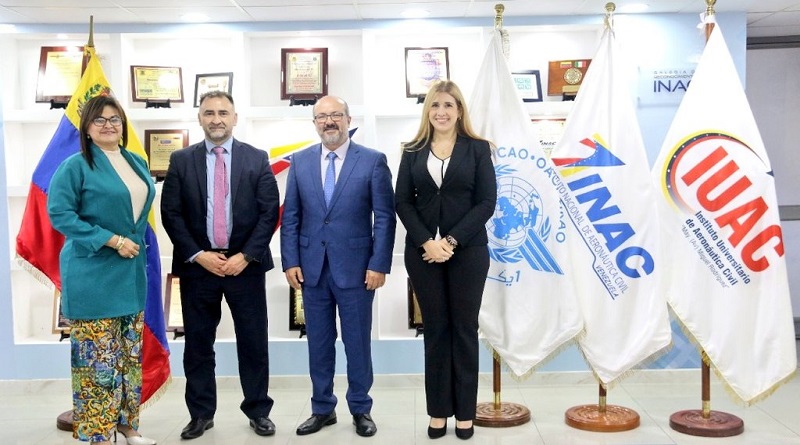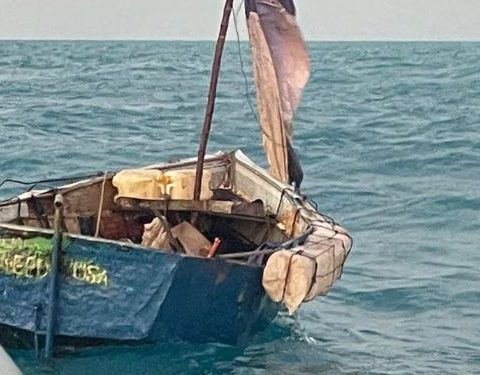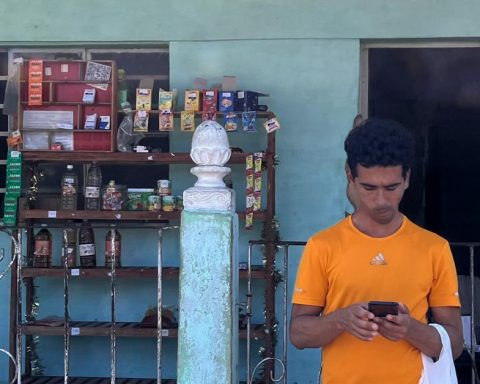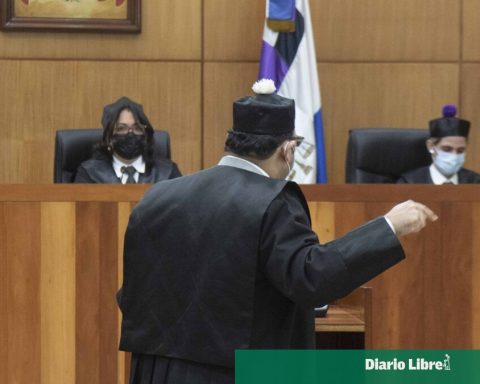
OSE intends to carry out the so-called “Neptuno Project”, in the Arazatí spa, which consists of the construction of a water treatment plant, a new pumping station and an 80-kilometre main pipeline, to contribute to the drinking water supply of Aguas Corrientes . The work is a private initiative presented by a consortium of five construction companies.
Faced with this, the sectors of the Frente Amplio: Casa Grande, Movimiento Cambio Frenteamplista, the Party for the Victory of the People and the Socialist Party of Uruguay issued a statement in which they express their “absolute opposition to the ‘Neptune project’ since it commodifies water, privatizing its capture and purification, and violates article 47 of the Constitution of the Republic, where access to drinking water is enshrined as a fundamental human right that should not be the object of profit by private parties.
They reject, in turn, “the government’s lack of rigorous management of project costs, substantially increasing what was already foreseen in a proposal from the previous government, technically endorsed and with the support of social and political sectors in Florida.”
The four sectors maintain that the Neptuno Project “affects the Arazati coastal strip, the Raigón aquifer, the Santa Lucía protected area, and the communities involved, which have spoken out against it.”
They denounce the “inaction” of the Ministry of the Environment in the face of the serious contamination and eutrophication situation in the Santa Lucía River Basin. They reiterate “the urgency of putting effective limits on the pollutants that reach watercourses.”
Casa Grande, Movimiento Cambio Frenteamplista, the Party for the Victory of the People and the Socialist Party claim that the measures that must be taken to clean up the Santa Lucía river basin are clear and have been validated by researchers and national and international institutions. “We understand that the decision in this matter is essentially political, and water quality must be prioritized over the profits of the companies that generate pollution, applying the principle that ‘he who pollutes pays’. In this way polluting practices are discouraged and technical changes are promoted”.
In this sense, they express their concern about the quality of the water in the Río de la Plata, which “cannot be guaranteed solely with national measures, since it depends on the actions taken by Argentina, Brazil and Paraguay, increasing the risks for Uruguay.” .
Artificial island
On the other hand, Casa Grande, the Frente Amplista Change Movement, the People’s Victory Party and the Socialist Party spoke out about the initiative to build an artificial island off the coast of Montevideo, near Punta Gorda.
In this sense, the sectors of the FA indicate that they endorse the declarations of FUCVAM and the Society of Architects of Uruguay, in which the negative effects that the realization of the project would have on urban and environmental matters are detailed, and the logic is denounced. “privatizing and segregationist” that it supposes.
They celebrate the attitude of the departmental government of Montevideo in rejecting the initiative, “explaining clearly and solidly the foundations of that decision.”
In turn, they express concern about the insistence of the national government which, in alliance with powerful private interests, questions the departmental decision and announces the possible development of the project in another area of the country. “In this way, government authorities, instead of being guarantors of the common good, become promoters and emissaries of private businesses.”
“We reaffirm our conviction that only citizen participation and the defense of the primacy of social goods and collective rights over capital and profit, can allow the construction of a society in which we all fit, guaranteeing environmental justice and democratic access to water, housing and public space, threatened in the world by the voracity of the market”, point out the four sectors of the FA in the joint declaration.


















